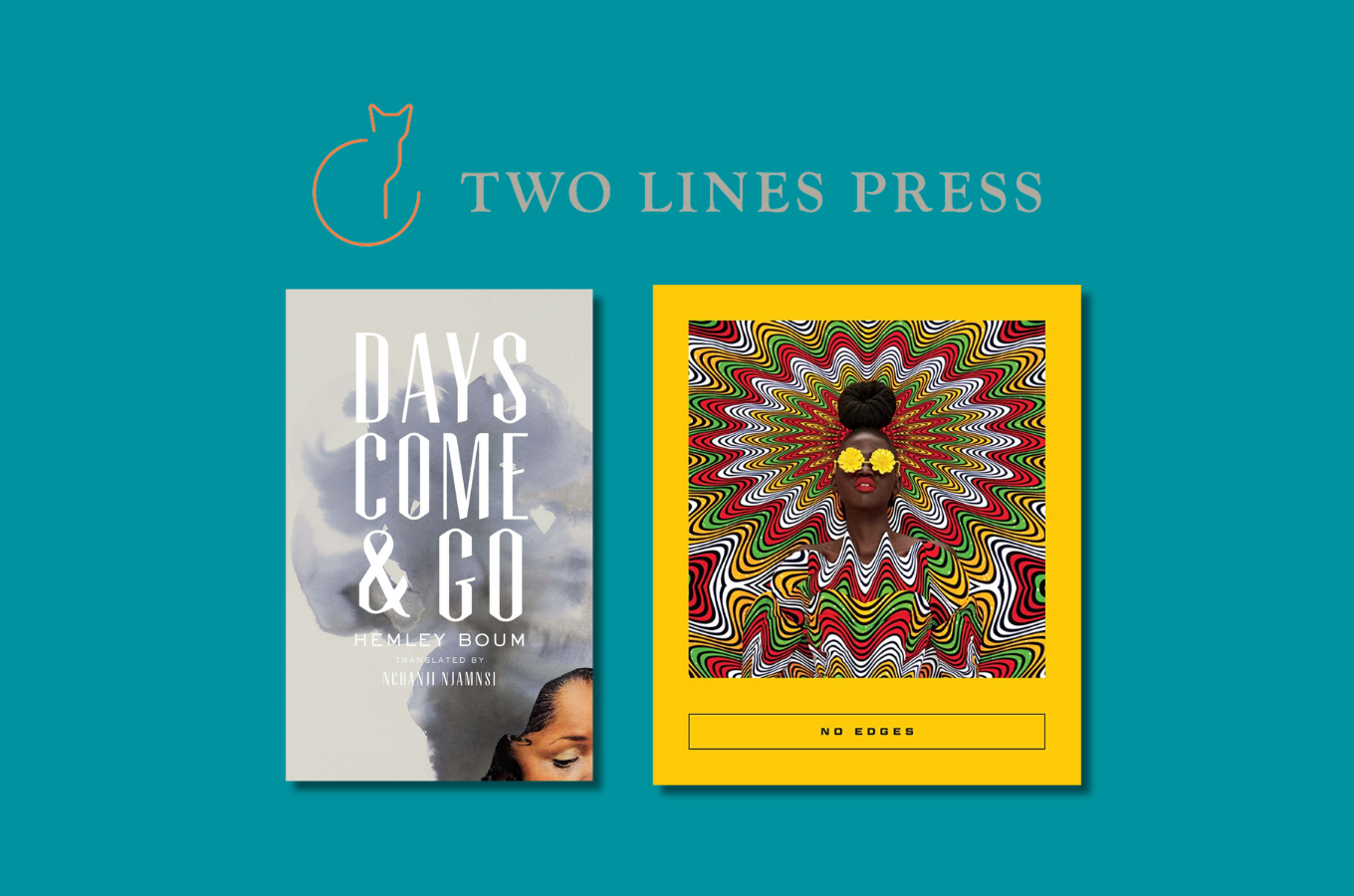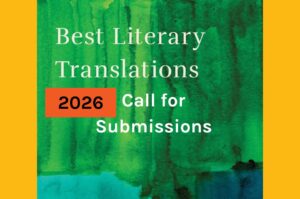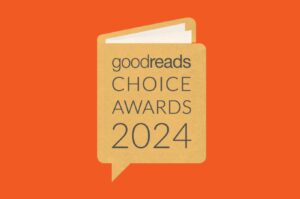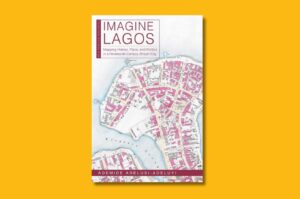
Submissions are now open for Two Lines Press’ call for translated African literature. If you are a translator interested in translated an African novel, story collection, or literary non-fiction, pitch to Two Lines by June 30.
Founded in 2013 by the Center for the Art of Translation, Two Lines Press is an award-winning U.S.-based press committed to publishing daring and original literature in translation in striking editions. Part of their vision as a publisher of translated literature is to publish exceptional books from languages, authors, and translators that have not traditionally been given a platform in English-language publishing.
Two Lines Press is excited to open submissions for pitches of translations of literary works by African writers. The call is open to translations from any non-English language, but they are especially eager to receive submissions of work from African languages and/or from less represented populations. Submissions from emerging translators of African origin or descent are encouraged.
The format for submission is unique. In an effort to reduce the unpaid labor of translators, Two Lines asks only for a cover letter and a short 5-page sample to begin and will follow up if they would like to request a longer sample. See details below.
Submission Guidelines:
Please send a short query to [email protected] with:
- brief bios of the author and of the translator;
- a cover letter with:
- a 1-paragraph description of the project,
- 1-2 sentences about why you feel this project would be relevant for a contemporary English-language readership now
- 2-3 books published in the past 2 years in the US (translations or not) whose audience you feel your project would appeal to,
- and whether you would like to be considered for financial support for a longer sample (see below); and
- a short 5-page translation sample (unpublished or previously published).
If your query sounds like something that may fit with our upcoming list, the press will follow up within 4 weeks (up to 12 weeks if you have asked for financial support) and ask you to provide:
- a 20-40-page sample translation from the book, and
- a synopsis of the entire book (a few paragraphs if a novel, a couple of paragraphs and a
very brief synopsis of each story if a story collection).
Important notes:
- At this time, Two Lines is only considering pitches for novels, story collections, and literary non-fiction.
- You should familiarize yourself with Two Lines’s aesthetic by checking out a couple of books before submitting.
- They do not consider retranslations of previously translated work unless there is a very compelling reason for the retranslation and the original translation is not currently in print.
- They are primarily interested in contemporary work or work that will engage with but also expand upon the contemporary American literary landscape.
- The translator cannot also be the author of the book or project.
- Translators are expected to have identified and obtained contact information for copyright holders or the original author’s agent before submitting. Two Lines strongly encourages translators to contact rightsholders before spending any time translating—there is nothing more disappointing that working hard on a translation only to find the rights are not available.
- Two Lines publishes very few books each year.
About Financial Support
Two Lines will support up to 5 samples each year. The sample is to be a minimum of 5000 words and the current funding is $400. Two Lines does not ask for any rights or copyright in exchange for supporting a sample. The funding of a sample in no way obligates Two Lines to publish the piece.
Every 2 months, or when they have received 10 requests for funding (whichever comes first), the pitches will be judged blind.
A translator may submit no more than two pitches per year with funding requests. While all requests for funding will be honored, Two Lines asks that translators for whom creating a sample will not create a financial burden refrain from requesting funding.
Deadline: June 30, 2024
Good luck to all applicants!









COMMENTS -
Reader Interactions